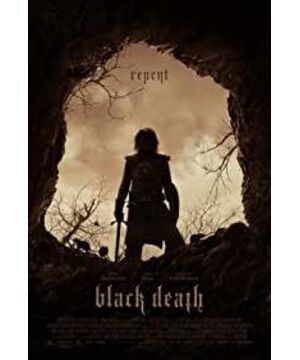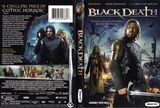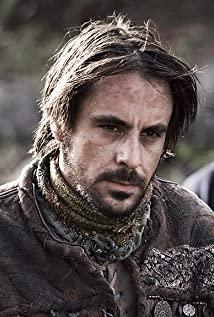Audiences who like history, we can get a general understanding of the background of the story. The plague, which originated in southwestern Asia in 1340, began in England in 1348 and spread rapidly throughout Europe, continuing intermittently for more than 300 years. By 1665, the plague claimed the lives of about 75 million people around the world, and Europe alone was affected by the plague. 1/3 of the people died and became the most notorious plague in European history - the Black Death! You can see the madness and ferocity of the whole incident. It is a pity that the film does not express it, but focuses on the plague that has lasted for hundreds of years, constantly interrogating the affirmation and denial of religious beliefs by human beings.
At the beginning of the film, the monks and mercenaries who were staunch religious believers only believed that the plague was caused by witches. In order to save more people and protect their followers, the "witch" had to get rid of these ignorant fanatics. The duality of the instantaneous transformation of justice and evil makes the meaning of the film also evolve into an in-depth discussion and criticism of the harmfulness of blindly following beliefs. Such beliefs can only be reduced to narrow beliefs, not the macro beliefs of the general public. True beliefs are diverse, and should not stick to one and exclude others. For this kind of wise and speculative belief, it is another kind of in-depth thinking. Perhaps this is a process of the continuous evolution of belief.
View more about Black Death reviews











